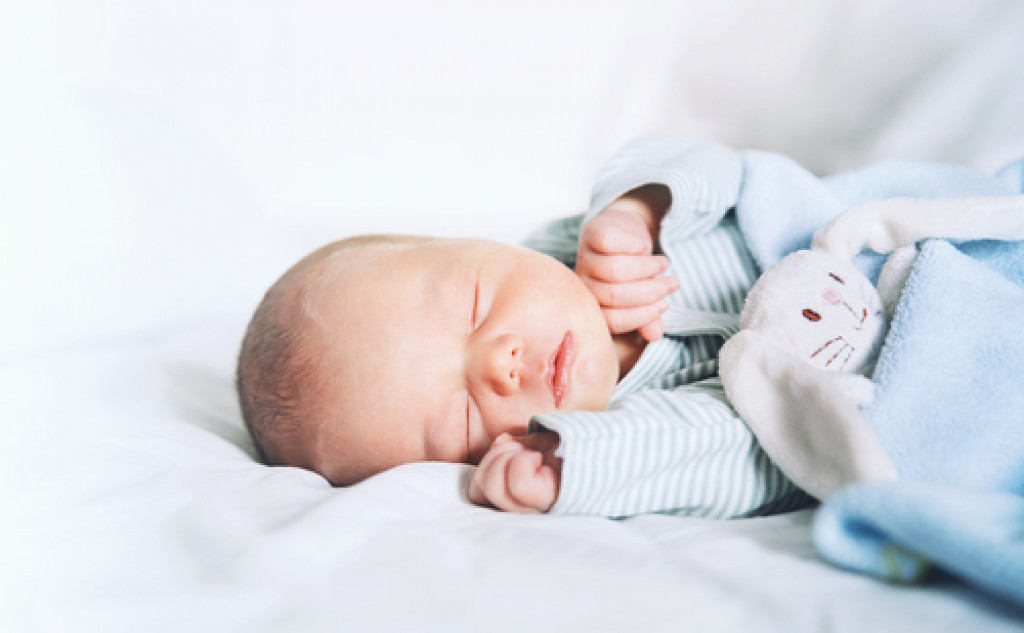Becoming a parent can be one of the most exciting times in your life, but it can also be overwhelming. It is hard to balance caring for yourself and taking care of another person. You might feel like you don’t have enough time or energy to do everything you need to do.
Motherhood is a challenging time in any woman’s life. There are plenty of factors to consider when balancing your role as a mom with other responsibilities like work or school.
The struggles of motherhood are one too many. Plenty of challenges come with caring for a newborn baby. This blog post will talk about judgment, mental health struggles, and the struggles of balancing a mother’s lifestyle.
What are the Challenges of Motherhood?
New mothers have a lot on their plate. They are responsible for taking care of themselves, as well as their newborn baby. Looking after a baby is not just about going to a baby gift store and purchasing cute clothes and accessories. Caring for a baby takes a lot of time, energy, and commitment.
It can be difficult to stay healthy and fit while caring for a new baby because so much is going on in the household. Below are the most common struggles that mothers have to face at home while caring for their babies and the rest of their families:
- Lack of sleep. Mothers often lack sleep because caring for a baby means caring for the household as well. For new mothers, lack of sleep can lead to serious mental health struggles and other issues.
- Lack of time. When caring for a newborn baby, there is little room in the day to get anything done outside of taking care of your child or partner. Often this leads to moms feeling more stressed and worried about caring for their families.
- Guilt. New moms often feel guilty leaving the house to do anything other than care for a baby because they know that caring for a new child can be time-consuming. As a result, they often feel guilty caring for themselves.
- Lack of support. Moms caring for a newborn baby are often isolated and have little contact with the outside world, leaving them feeling even more alone, scared, and overwhelmed. Lack of support can also lead to self-doubt in caring for a new baby.

- Criticism from others. Mothers are constantly being judged, criticized, or pitied by people in society, especially when caring for a newborn child. This is because caring for a newborn baby can be so challenging. Many people have opinions about how mothers should care for their babies, and the things they say can take a negative toll on a mother’s mental health. As a result, mothers have to deal with the stress of taking care of a newborn and ignoring the negative things that other people say.
- Mental health struggles. Moms caring for a new infant often struggle with mental health issues such as depression, anxiety, and postpartum psychosis because they feel overwhelmed caring for their child or fear that care will not be adequate to meet their child’s needs. When moms undergo mental health struggles, they must get professional help to ensure that they care for themselves and their child’s needs.
- Finding balance. Moms get a break from parenting responsibilities when children go off to school, but the lack of sleep may make it difficult for them to find balance in other aspects of their life such as work or family time. Once again, moms should seek help and support to ensure that they care for their children and themselves properly.
- Lack of confidence. New mothers often lack the knowledge and experience of caring for a new baby, leading to low self-confidence when caring for their baby or themselves. As a result, moms may be more likely to turn to others to help with their children.
- Self-care. Moms must take time just for themselves, even if it means going out with friends or going on a short vacation. This can help moms stay well-rested and balanced. Moms who look after themselves are better at caring for their babies than those who are too stressed with their role as a parent.
Mental Health Struggles in Motherhood
Mothers have a lot on their plate caring for themselves and caring for a newborn baby. Mothers also face many challenges when balancing what happens at work or school versus caring for a baby. Because of this, many new moms experience the following mental health struggles:
- Pregnancy and Postpartum Depression (PPD). This mood disorder can occur during pregnancy or in the first weeks after a new mom gives birth. PPD is different from the “baby blues.” Baby blues are feelings that come and go in the first few days after childbirth. PPD is a prolonged mental health struggle with symptoms like trouble concentrating, mild sadness or difficulty in finding joy, as well as severe depression.
- Pregnancy and Postpartum General Anxiety. Worrying before or after having a baby is natural, but if your anxiety is more than the typical baby blues. If you can get these anxious thoughts out of your head, you might be suffering from pregnancy and postpartum general anxiety. Symptoms of this anxiety include the inability to sleep, racing heartbeat, restlessness and extreme worry.
- Birth-related PTSD. Up to 45 percent of women experience a traumatic birth and four percent of them experience post-traumatic stress disorder. Mothers with PTSD experience flashbacks and memories of the event, which can impact how parents celebrate their children’s birthdays.
- Pregnancy and Postpartum OCD. About 50 percent of women with postpartum obsessive-compulsive disorder (OCD) have unwanted or intrusive thoughts about intentionally harming their child. It’s important to remember that most OCD episodes involve alarming thoughts, but they do not represent a psychotic process.
Every new mom’s mental health journey feels and looks different, but the important thing to know is that you’re not alone. Finding a support system can help you find your best self. They can also encourage you to be the best mom that you can be.
At the same time, seek help through a therapist, doctor or support group if your symptoms persist for longer than two weeks and if they interfere with your ability to function.
If your new mom struggles are getting too much and you don’t know where to turn, check out the Postpartum Support International has a directory of mental health groups and doctors in the US and Canada. They also have a helpline.
It’s important to remember that caring for yourself is just as important as caring for your newborn baby. So take time out of the day to do something you enjoy, like talking with friends or going somewhere relaxing. This can help you cope with your struggles as a new mom.





